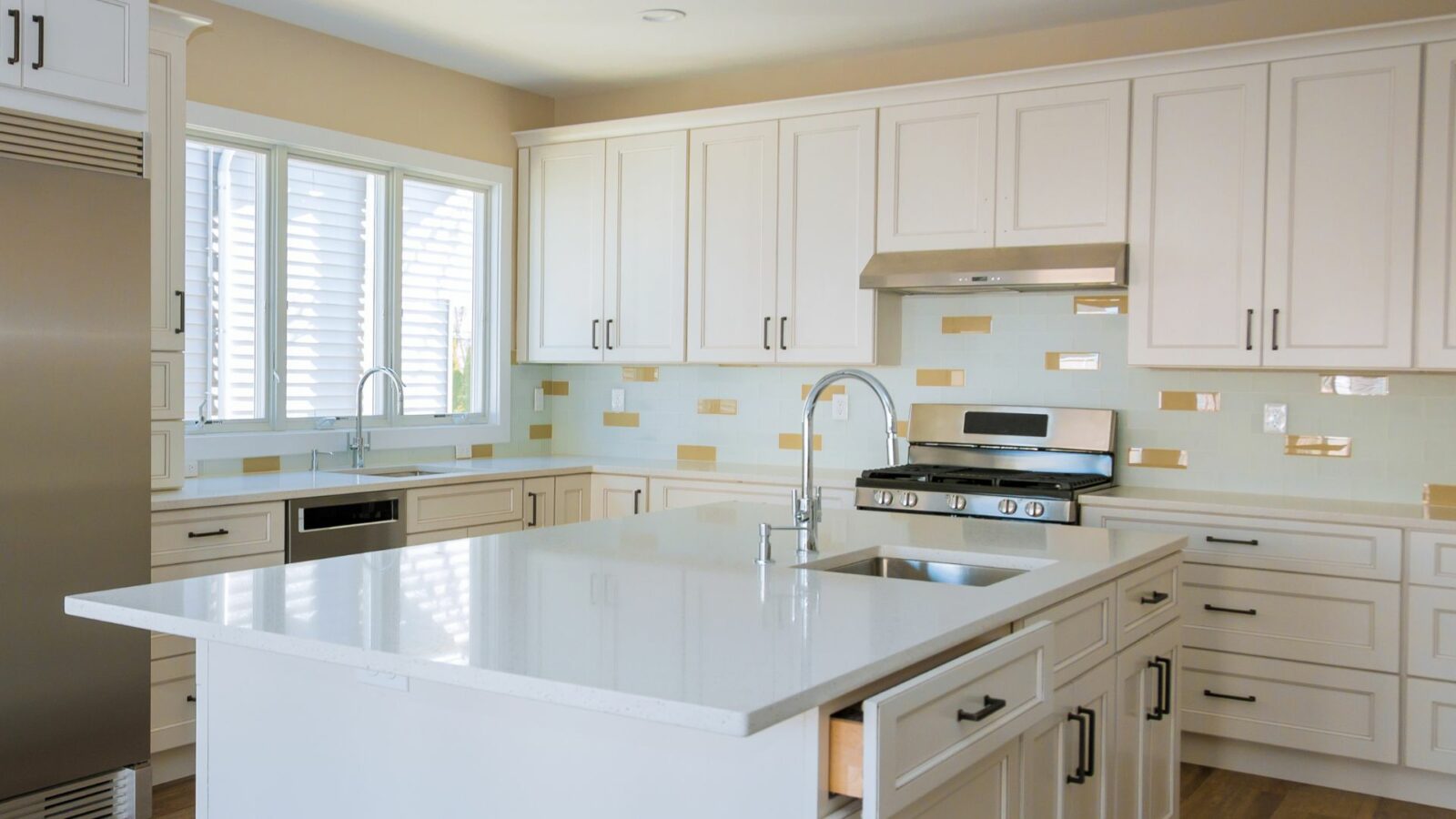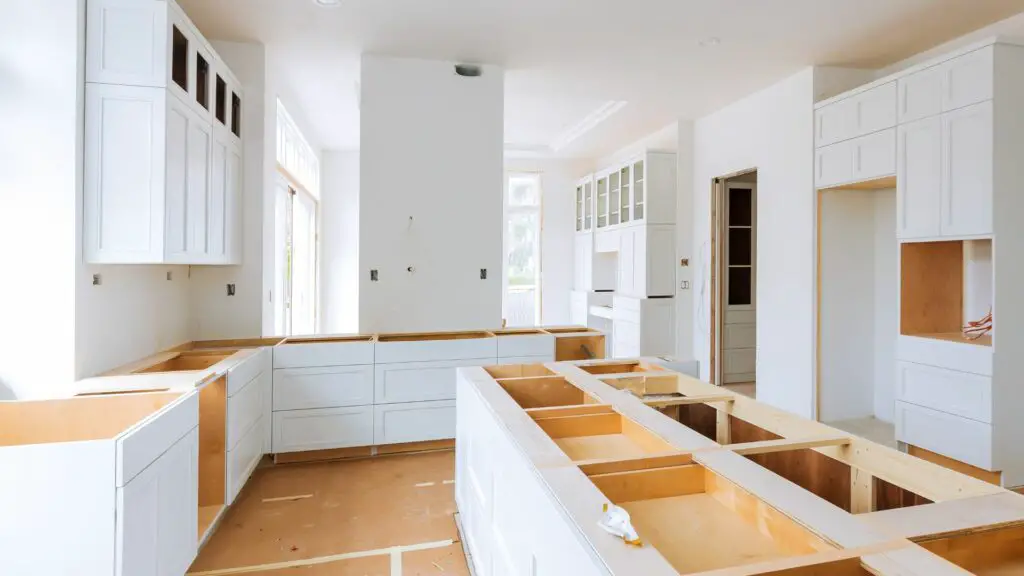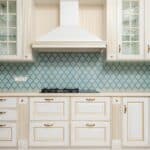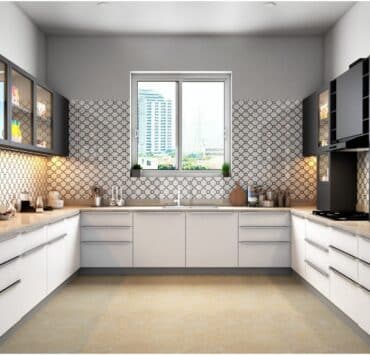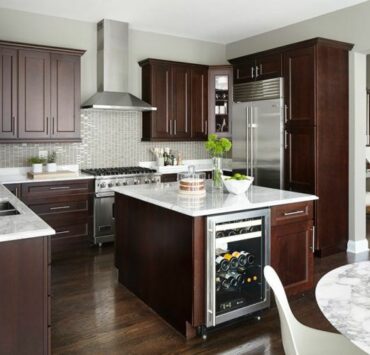Choosing between framed vs frameless cabinets for your remodel? This decision affects how your kitchen looks, works, and holds up over time. We’ll explore the differences between these two types of cabinets to help you choose the right option for your kitchen.

Understanding the Basics of Framed vs Frameless Cabinets
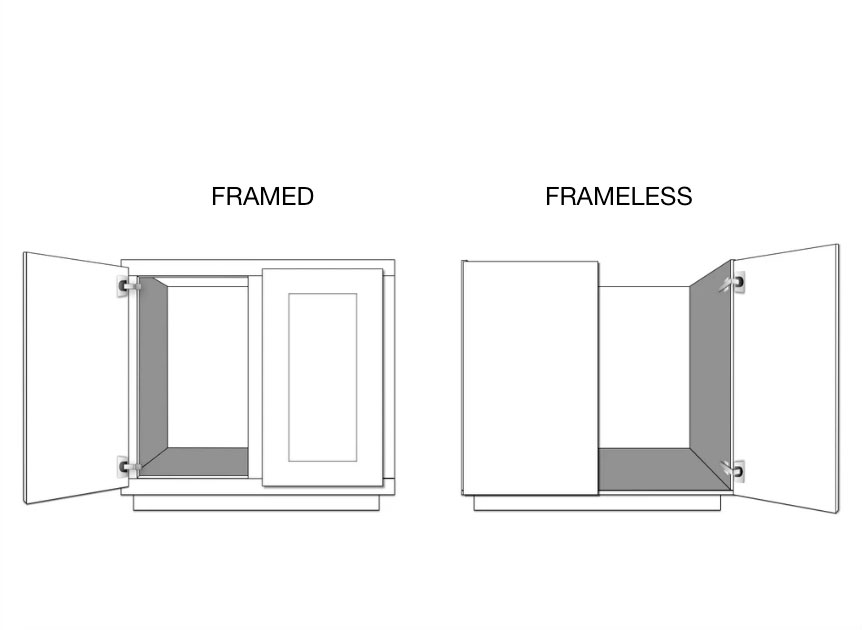
Framed Cabinets
Traditional in American homes, these cabinets are characterized by a frame that outlines the front of the cabinet box. This frame provides added strength and a mounting point for doors and hinges.
Frameless Cabinets
Popular in European design, frameless cabinets offer a more contemporary look with a seamless edge. They lack the front frame, allowing for easier access and slightly more storage space.
Comparing Construction and Aesthetic
Framed cabinets are often seen as more sturdy due to the frame, which offers additional rigidity. This makes them a solid choice for homes that cherish durability alongside classic design.
Frameless cabinets, on the other hand, provide a sleek, modern aesthetic. Their construction allows for tighter door spacing and a more streamlined appearance, making them ideal for contemporary or minimalist kitchens.
Here’s a simplified comparison of the pros and cons of framed and frameless cabinets:
| Aspect | Framed Cabinets Pros | Framed Cabinets Cons | Frameless Cabinets Pros | Frameless Cabinets Cons |
|---|---|---|---|---|
| Aesthetic | Traditional, classic look | Can look bulky or dated | Sleek, modern aesthetic | Might lack support for heavy countertops |
| Durability | More sturdy due to the frame | Frame can limit access to items inside | Direct attachment of hinges offers a clean look | Requires precise installation |
| Accessibility | Stable mounting for doors and hinges | Less space efficient | Easier access to contents | Limited by design to modern looks |
| Storage Space | Adjustable shelves and options | Might require more maintenance | Maximizes storage space | May not suit traditional kitchen designs |
| Customization | Wide range of design possibilities | Designs may be less modern | Simpler, contemporary designs | Options may be limited in budget ranges |
| Cost | Generally, more affordable options | Can be more expensive for custom designs | Can be more cost-effective in modern styles | Higher cost for high-quality materials |
FAQs
Are frameless cabinets better than framed cabinets?
If you want a more modern look with a little bit more space, go with frameless cabinets. However, if you want more durable cabinets and a traditional-looking kitchen, go with framed cabinets.
What is the difference between frameless and framed cabinet hinges?
Framed cabinets use hinges attached to the frame, providing stability and support. Frameless cabinet hinges attach directly to the cabinet box, allowing for full overlay doors and a sleeker appearance.
Are IKEA cabinets framed or frameless?
IKEA cabinets are predominantly frameless, embracing a modern, European design that maximizes space and offers a contemporary look.
What is the difference between frameless and framed shaker?
The difference lies in the door attachment and appearance. Framed shaker cabinets have a border frame, giving a more pronounced outline to doors. Frameless shakers have doors that attach directly to the cabinet box, offering a cleaner, more seamless look.
Framed vs Frameless Cabinets: Which One is For You?
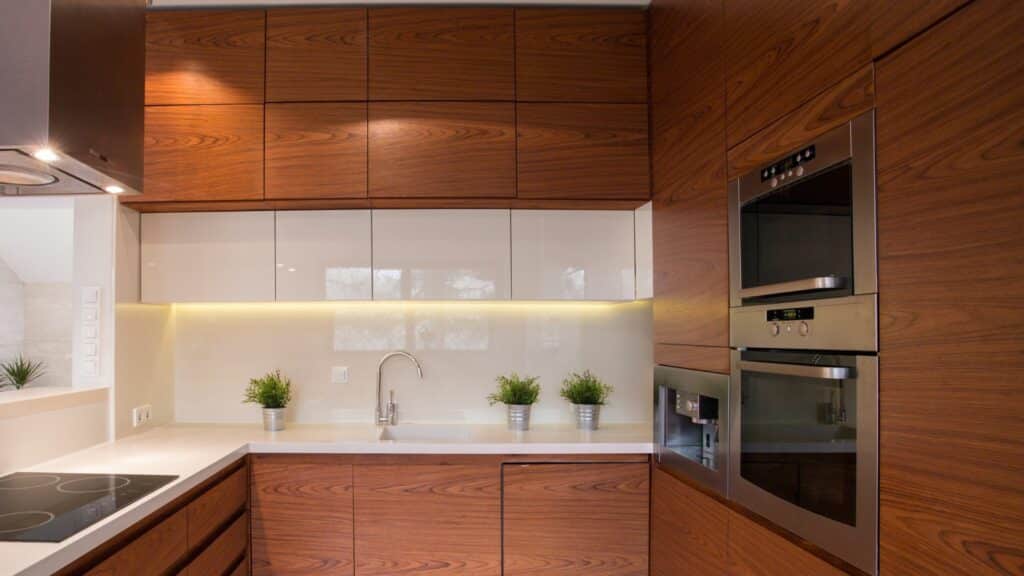
In the discussion of framed vs frameless cabinets, both styles offer unique benefits that cater to different preferences and needs. At the end of the day, why choose? If you want the best of both worlds, you can have it by mixing and matching framed and frameless kitchen cabinets in your kitchen design. Happy remodeling!
